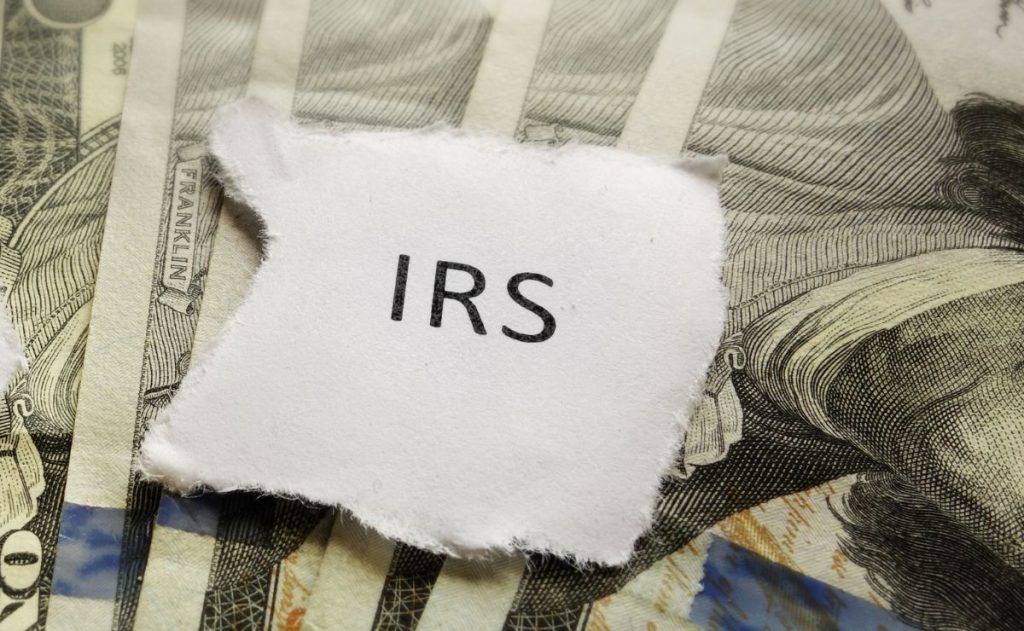Tax season brings many responsibilities, and one of the most important is settling any outstanding debts with the IRS. While facing a tax bill can be stressful, neglecting it can lead to even bigger problems down the road. This article aims to guide you through the options available if you owe taxes and provide crucial information to help you avoid hefty penalties and interest charges.
The current tax code imposes an 8% interest rate on unpaid taxes, which compounds daily. This means the longer you wait to pay, the larger your debt becomes due to accumulating interest on both the original amount and the previously accrued interest. Additionally, a separate penalty of 0.5% per month (up to 25% of the unpaid tax) applies for each month your return is filed late.
Contacting the IRS If You Missed Your Deadlines
While contacting the IRS might seem daunting, it’s very important to remember they offer various solutions to help taxpayers manage their debts. Here are some key steps to take. First, make a payment to better your relationship with the IRS.
Even if you can’t pay the full amount immediately, any partial payment helps reduce your future interest and penalty charges. The IRS website offers various payment options, including direct debit, credit card, and electronic payments.
If you’re struggling to pay the full amount upfront, the IRS allows you to set up a formal payment plan. This agreement reduces the late-payment penalty to 0.25% per month, offering significant savings compared to the standard penalty.
In certain situations, the IRS might be willing to settle your debt for less than the owed amount through an “Offer in Compromise” program. While qualifying for this program requires specific criteria, it’s worth exploring if you’re facing significant financial hardship.
Alternatives to Tax Debt Settlement Companies
While Tax Debt Settlement Companies (TDSCs) may advertise themselves as a solution to overwhelming tax debt, they often come with hidden costs and drawbacks that can worsen your financial situation. Here’s why you should avoid them:
TDSCs typically charge upfront fees, frequently as a percentage of the debt they aim to settle. These fees can be substantial, ranging from 15% to 30% of the total debt in some cases, significantly reducing the amount actually applied to your tax bill.
Settling your tax debt doesn’t guarantee complete forgiveness. The IRS may still require you to pay a portion of the original debt, and the forgiven amount is considered taxable income, leading to additional tax liability.
Settling a debt with the IRS is reported to credit bureaus, negatively impacting your credit score for several years. This can hinder your ability to secure loans, mortgages, or even rent an apartment.
Unfortunately, the tax debt settlement industry is rife with scams. Dishonest companies may collect upfront fees and fail to deliver on their promises, leaving you with even greater financial hardship.
